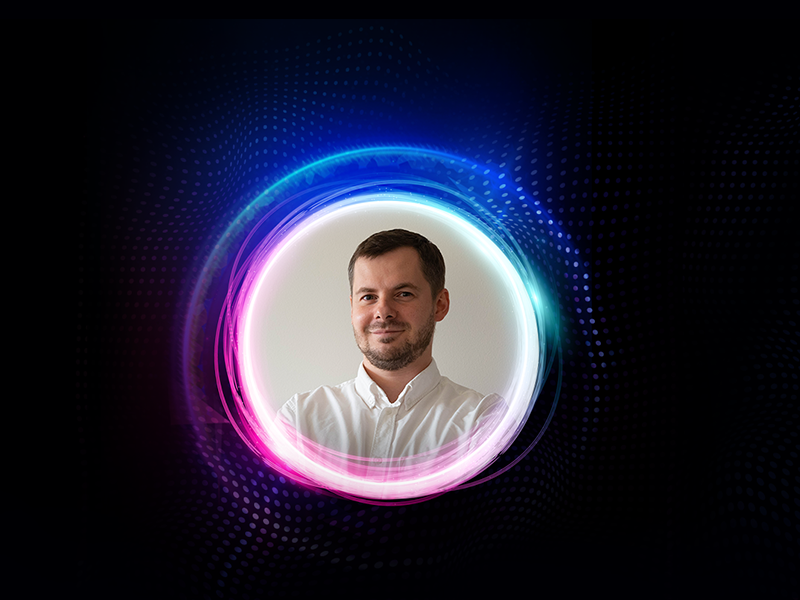The 6th edition of the Scientific Premiere Stage: Science Talk Show will be an opportunity to think about our condition after one year of living in the world affected by the COVID-19 pandemic. How do we cope with this extraordinary yet challenging time? How do the media and psychological support practitioners influence us? These and other questions related to the pandemic will be answered by Dr Marcin Moroń, a co-author (with Dr Magdalena Biolik-Moroń) of the article entitled “Trait emotional intelligence and emotional experiences during the COVID-19 pandemic outbreak in Poland: A daily diary study” published in the scientific journal “Personality and Individual Differences”.
On 11 March 2021, one year has passed since the World Health Organisation announced the COVID-19 pandemic caused by the SARS-CoV-2 coronavirus. It has been over twelve months of living in a world frozen in a ghastly frame yet, on the other hand, being constantly changed by the pandemic realities. Decisions on preventing the spread of coronavirus adopted by governments result in smaller and larger revolutions that affect us all, often contributing to the deterioration of our well-being.
Emotional intelligence in the age of coronavirus
The results of health screenings carried out within the first weeks of the pandemic were not optimistic. Already in March 2020, symptoms such as the increase in depression, anxiety, and stress, could affect up to 70% of students and pupils. As many as 18% of academic community members had suicidal thoughts.
The research subject of interest was the dynamics of emotional reactions during social isolation in the first stage of the lockdown caused by the coronavirus pandemic and the personality factors behind it. The scientists from the Institute of Psychology of the University of Silesia focused on the frequency and intensity of experiencing certain emotions during a day and week; they were searching for factors that contribute to better adaptation to the pandemic situation.
One of such factors was emotional intelligence (EI) understood as “conviction about the ability to understand and manage one’s own emotions”.
Is EI the perfect weapon?
It turned out that even if EI does not pose a miraculous barrier protecting the respondents from experiencing negative emotional states, it almost certainly limits the intensity of, e.g., anxiety and gloom. The conclusion is that developing personality traits which help in coping with stress allows us to take control over negative emotions related to the disadvantageous situation we deal with. “These results suggested that emotional intelligence can be used as a tool that can support coping with the pandemic, and special attention should be paid to the development of abilities that minimise the number of situations evoking negative emotional states,” as we read in the article by Dr Moroń and Dr Biolik-Moroń.
Broadcast
We would like to invite you to an online meeting with Dr Marcin Moroń, which will take place on 25 March 2021 at 6 p.m. The meeting will be hosted by Izabela Życzkowska, a radio and TV journalist who worked for Polish Radio Katowice, Radio Flash Katowice, Television Katowice, Teleexpress news programme, and as a reporter for TVN 24 in Silesia.
Broadcast links
The previous meetings are available on YouTube channel of the University of Silesia.







